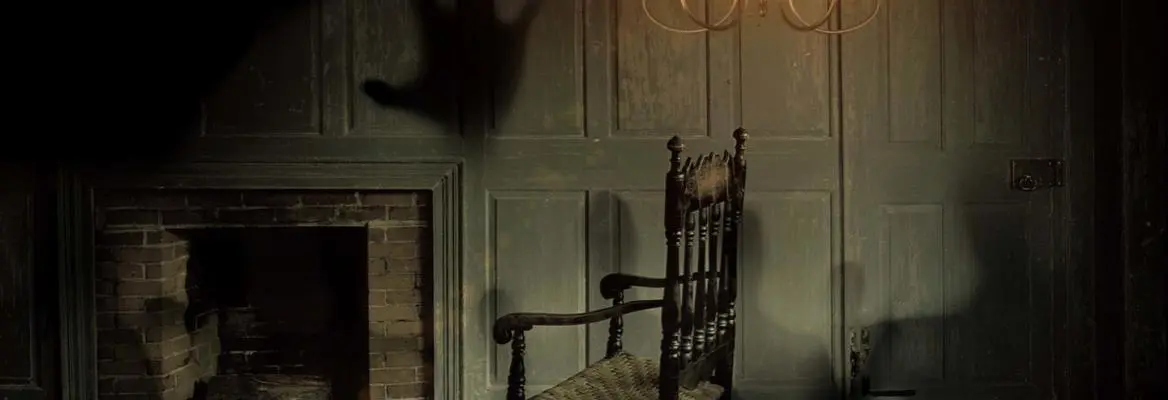“What would your feelings be,” asks Ambrose in Arthur Machen’s novel The House of Souls, “… if your cat or your dog began to talk to you, and to dispute with you in human accents?” He goes on:
You would be overwhelmed with horror. I am sure of it. And if the roses in your garden sang a weird song, you would go mad. And suppose the stones in the road began to swell and grow before your eyes, and if the pebble that you noticed at night had shot out stony blossoms in the morning?[
Machen’s examples are disturbing, but it’s not immediately obvious why. It’s not that they’re frightening, at least not in the ordinary sense of the word. Normally, we’re scared of things because we think they pose a physical danger to us, but singing roses don’t pose any such hazard, so why is the thought of them so nightmarish?
Notice that Machen said that if you encountered a singing rose you would be overwhelmed with horror rather than fear. Fear is a primitive emotional response—an instinctive reaction to perceived danger that we share with other mammals. But horror is a uniquely human state of mind that depends on sophisticated cognitive capacities of a sort that only human beings possess.
To see how horror works, look closely at Machen’s examples. The idea of a singing rose has two components, neither of which is unnerving all on its own, but which result in something that’s deeply disturbing when they’re combined. Roses aren’t horrifying. And singing isn’t horrifying either. But marry the two components in a single thing—a singing rose—and the result is something horrifying.
Here’s why.
A singing rose is an unnatural entity because it’s a fusion of two incompatible kinds of thing into a single entity—human and plant. It is disorienting and threatening because it transgresses natural boundaries. Machen’s other examples—talking dogs, growing stones, and blossoming pebbles—also violate what we take to be the boundaries that demarcate kinds of things from one another. Singing roses, talking dogs, and budding pebbles all seem, impossibly, to belong to two mutually exclusive categories at once.
Halloween, too, is replete with such images of unnatural boundary violations such as leering pumpkins, walking skeletons, and green-complexioned women who fly through the air on broomsticks. Of course, none of these things distress us because we know that they are all pretense. The ghosts and monsters that roam our streets, trick-or-treat bags in hand, are mere simulacra of horror. But if such beings were real—or if we believed they were real, as many people did in the past—then our emotional response would be different. We would be paralyzed with horror.
We get a glimpse of what it would be like to live in such a demon-haunted world by immersing ourselves in horror movies. But these movies introduce an additional element to the mix. Monsters, fiends, and demons populate horror fiction. These are not just ghastly, category-defying entities—they are also deadly and malevolent. For example, zombies contravene boundaries by being both alive and dead, and they also want to kill you and feast on your brain. Werewolves are both wolf and man, and they like nothing better than ripping you apart with their fangs. They’re frightening because of their dangerousness and horrific, because of their contradictory character.















Join the conversation